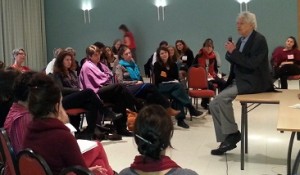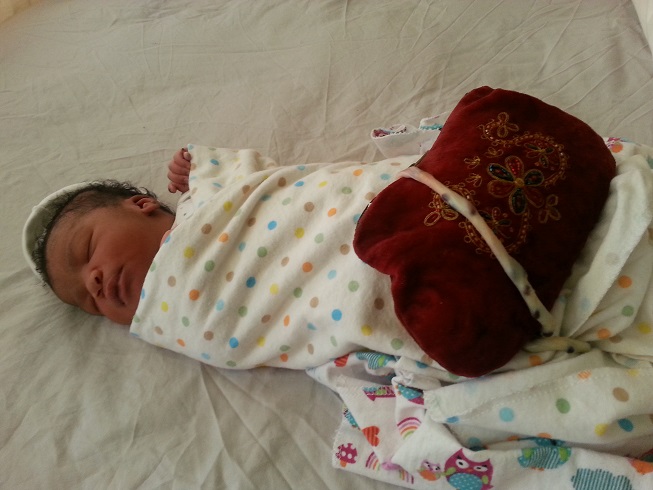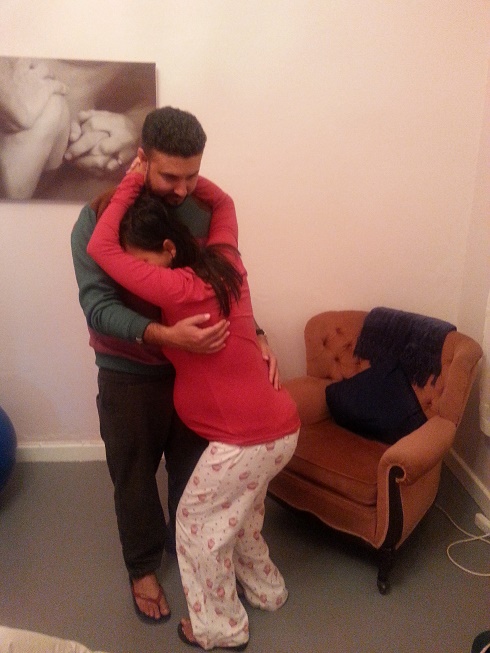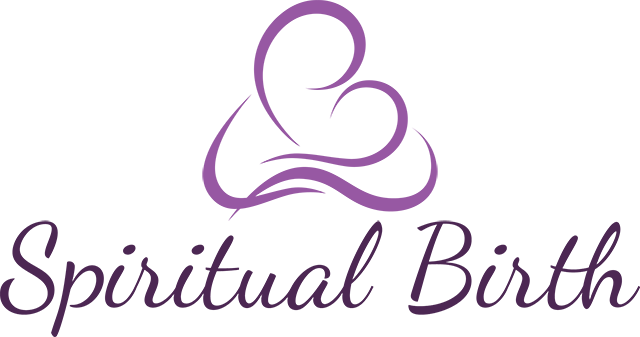It has been more than a year since I attended the Midwifery Today Conference in Brussels in November 2013 and then went on the spend time with Michel Odent at his Doula Workshop in Barcelona.

It feels like I was there yesterday. In the meantime, I have attended many births, bought and sold a house, and acquired a dog among other activities. I have been browsing through my little conference notebook and found some amazing quotes around how and why we need to become instinctual when we give birth.
The first quote I share is that of Dr Erasmus Darwin (Charles Darwin’s grandfather), an extremely observant and thoughtful man. He wrote in 1792:
“Another thing very injurious to the child is the tying and cutting of the navel string too soon, which should always be left till the child has not only repeatedly breathed but till all pulsation in the cord ceases. As otherwise the child is much weaker than it ought to be, a part of the blood being left in the placenta which ought to have been in the child and at the same time the placenta does not so naturally collapse, and withdraw itself from the sides of the uterus, and is not therefore removed with so much safety and certainty.”
We have now learnt that cutting the cord immediately after birth injures the baby, leading to anaemia and possible learning difficulties in childhood. I am pleased to say that I have always delayed cord clamping since 1982, when I started practicing as a homebirth midwife. However I have been fortunate in the last 14 years to learn more about and encourage Lotus Birth, where the cord is not cut at all. The cord shrivels and dries up (It looks like a piece of Biltong or South African dried meat!) by itself and within a few days falls off spontaneously at the navel. The placenta can be covered with salt, wrapped in plastic and stored next to the baby in a bag as pictured here:

Dr Michel Odent is 87yrs old and still prolific in sharing his insights and wisdom:
“There are two ways to understand the birth process, namely 1. The physiological process and 2. Cultural conditioning. We have interfered with the mother and baby interactions at birth for millenia. Modern delivery rooms interfere with the first touch, the smells of birth, the sounds around birth, the first colostrum and breastfeeding experience, as well as the bacteriological exposure which stimulates the baby’s immune system. A mother has a natural aggressive protective tendency towards her offspring straight after the birth. When we interfere during the birth process, we effectively suppress this instinct in women. The paradigm of domination now controls natural processes and modern midwives are taught to control labour and birth”
Which brings me to the wonderful book written by Dr George Julius Engelman in 1872 called Labour among primitive peoples, which states:
“The recumbent (lying down) position in labour is rarely assumed among those people who live naturally and are as yet governed by their instincts and have escaped the influence of civilization and modern obstetrics.”
Suprisingly I even found mention of the South African ‘Boer’ in his chapters on the positions for labour and birth adopted by women worldwide: “In Central Africa, and near the Cape, among the Boers, the standing posture is not uncommon”.

Then ” …but the recumbent (lying down) position is sanctioned by custom; it is pointed out as apparently convenient; it is imperatively demanded by prudery, and by a false modesty which hides from view the patients body beneath the bedclothes. And above all it is dictated by modern laws of obstetrics, the justice of which I have never dared question. We have all been taught their correctness and we all thoughtlessly follow their dictates. There is no reason for assuming (the recumbent or lying down on the back position), though we are taught it. It is not reason, or obstetric science, but obstetric fashion which guides us…and blindly do we, like all fashions votaries, follow in the wake.”
Dr Michel Odent says that when we interfere with the labour and birth, we render the ‘love hormone’ oxytocin useless at a critical period in the life of the mother and the baby. When I look at my life and the lives of people around me, I think we need all the love we can get. As Michel Odent says, “We are at the bottom of the abyss and we need to ask new questions”.

Such an interesting read. I’d love to know more about this. I am due to deliver baby #2 by end August. Johannesburg, South Africa.
Here is a link to an article about Lotus Birth: http://sarahbuckley.com/lotus-birth-a-ritual-for-our-times
I agree with what you have written. The concept of the placenta in a bag is new to me.
Well written